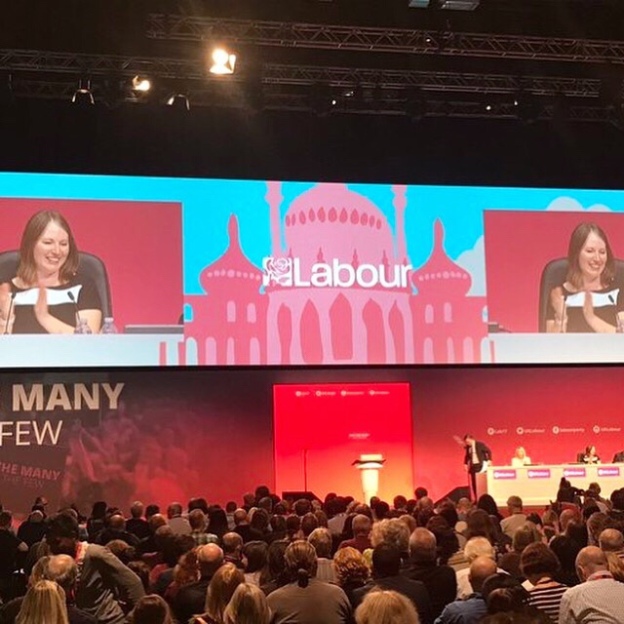Leader’s report
Keir Starmer spoke about the significance of the anniversary of the murder of George Floyd and Labour’s response to the global movement addressing structural racism. Keir talked about the shadow cabinet reshuffle and welcomed the new national executive committee (NEC) members. He thanked the outgoing members for their work.
Keir thanked Labour members and supporters for all their hard work on May’s election. He talked about the mixed results. Keir noted that Labour achieved its joint best ever result in Wales and praised the leadership of Mark Drakeford and Welsh Labour. He talked about Labour’s improving performance in Scotland and, while there is a lot still to do to rebuild, the progress is positive.
The Labour leader talked about how Joanne Anderson became the first ever Black women to be elected mayor of Liverpool City and how Tracy Brabin was elected as the first female metro mayor. Keir highlighted some of Labour’s positive mayoral elections and talked about the bitter disappointment of our result in Hartlepool and other parts of England.
Keir talked about the changes necessary to win back public trust and support. He spoke about the need to move to a longer-term vision for the UK, which challenges inequality and insecurity in our economy. Keir told the NEC that Labour needs to be much more outward-facing and less concerned with internal party issues. Keir talked about how Labour also need to be focused on the future and the challenges of the future, rather than focusing on the past. Keir noted that the general election may be sooner than we think and we should plan for it taking place in 2023.
Keir took questions on the election results, international free-trade deals, national identity, the Forde Inquiry, the Batley and Spen by-election, the shadow cabinet reshuffle, social care, climate change, Labour’s disciplinary process, the policy review, community wealth building, community organising, Israel-Palestine and campaign strategy.
Continue reading









 Councillors are the backbone of the Labour Party. Our contributions are enormous. We deserve respect and a greater say in how the party is run. If re-elected I will:
Councillors are the backbone of the Labour Party. Our contributions are enormous. We deserve respect and a greater say in how the party is run. If re-elected I will: